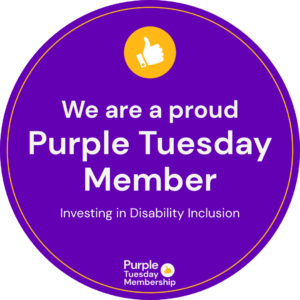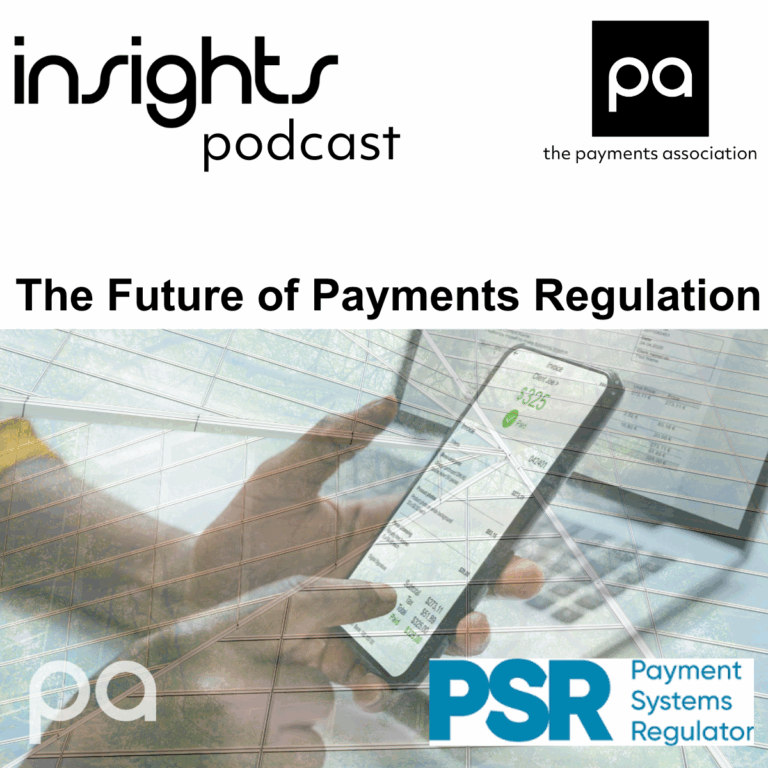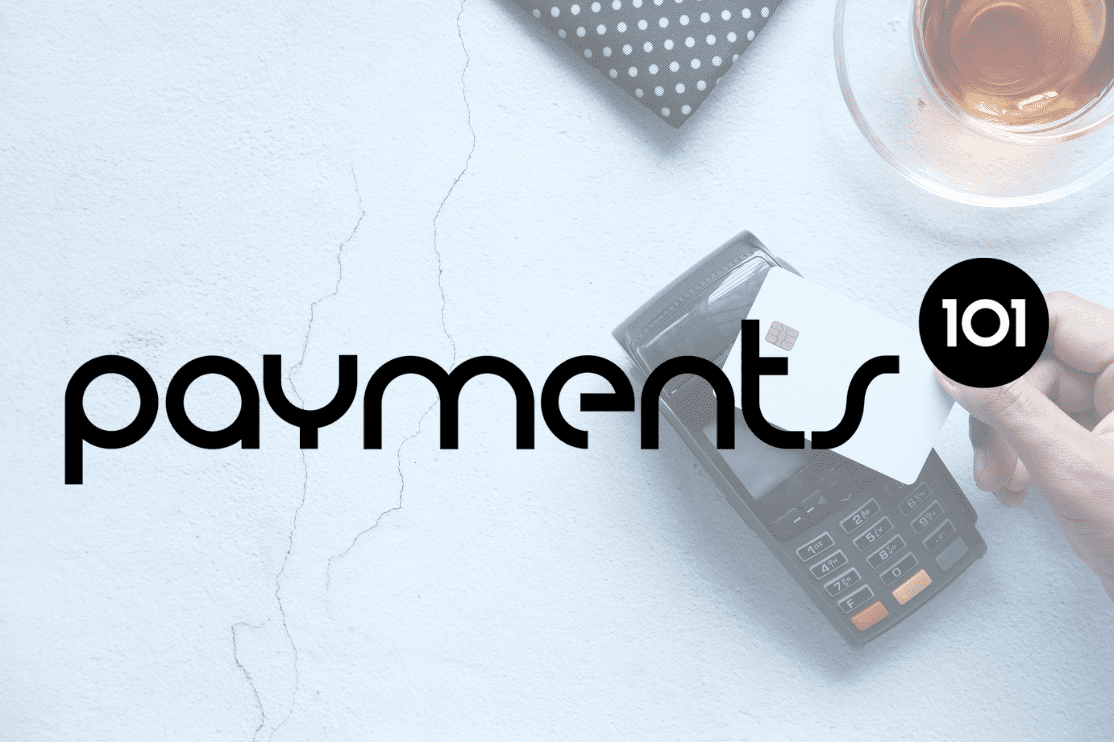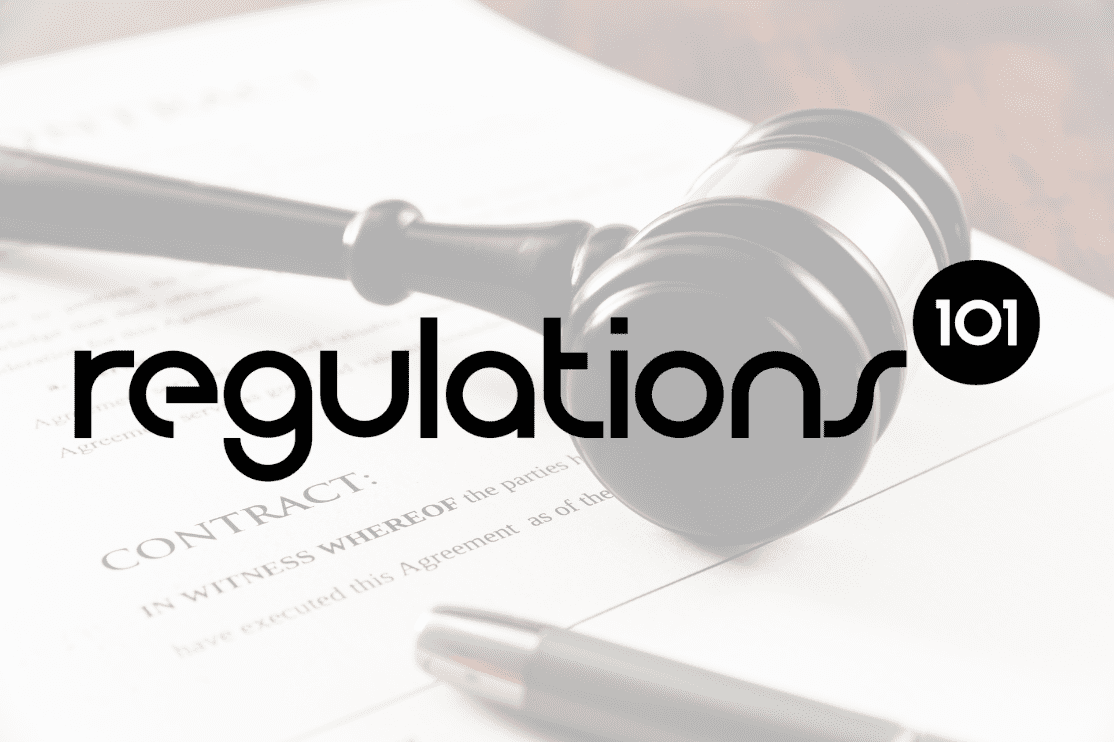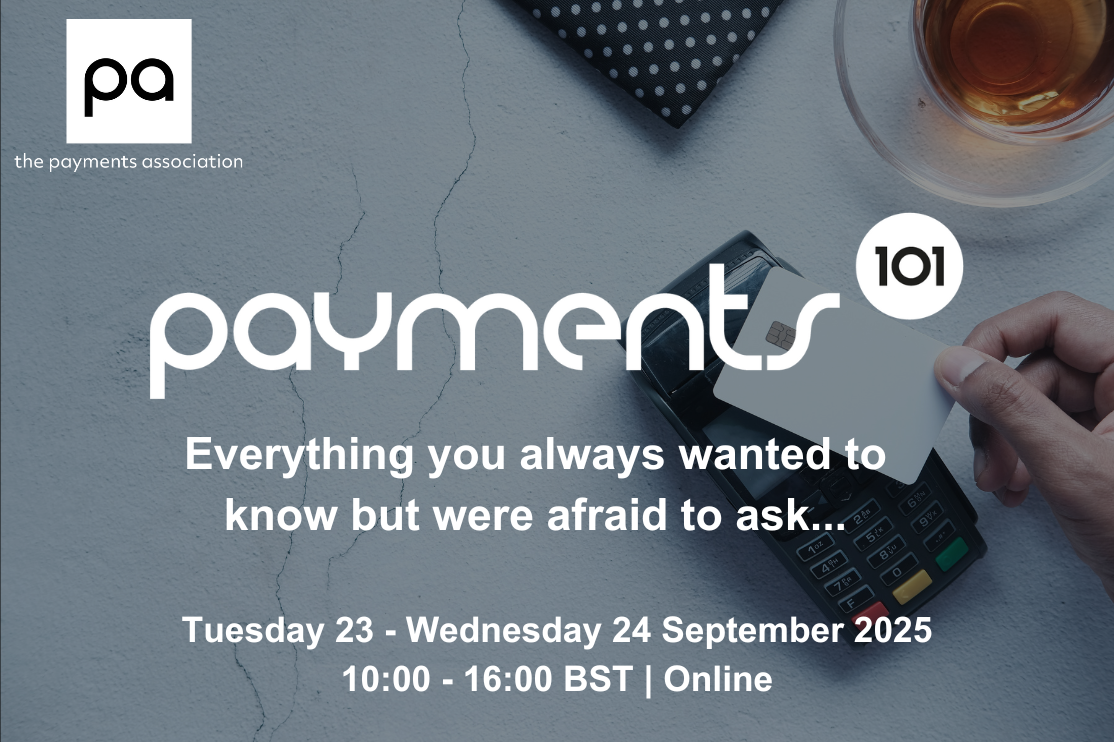With less than five months to go before the first set of Consumer Duty annual board reports must, at the latest, be presented to managing bodies, work is, or should be, well underway to analyse the output of monitoring and testing activities carried out since go-live in July 2023. In this blog, I will explore the type of information to be presented to the Board and, importantly, how the Board should respond. And, as per true, fscom-super-helpful style, we have two templates to share with clients and prospective clients alike.
Two reports
The first thing to make clear is that there are two reports expected annually (both of which we have developed templates for:
- a report by the executive team to be presented to the Board; and
- an assessment and sign off by the Board, of the firm’s compliance with the Consumer Duty Regime in response to the executive team’s report.
The Financial Conduct Authority (FCA) sets out these rules in PRIN 2A.8.3R to 5R.
This is a key tactic in the FCA’s strategy to clearly require Boards to take responsibility for embedding the spirit and intention of the Consumer Duty into the firm. While the FCA declined to make a Consumer Duty regulatory reporting obligation, the current reviews touching on the payments, asset management, capital markets and banking sectors, demonstrate that the FCA is keen to monitor and assess firms’ implementation.
The FCA has proposed changes to the Senior Managers and Certification Regime (SM&CR) rules to ensure clear accountability within firms. The Regulator has indicated that the individual conduct rules in the Code of Conduct sourcebook (COCON) will be amended to add a new rule requiring all `conduct rules’ staff of in-scope firms to `act to deliver good outcomes for retail customers’. This further reflects the higher standards of accountability under the regime, as envisaged by the FCA.
The reports could be requested by the FCA at any point and the FCA will use the reports to form an opinion as to how seriously the firm is taking the Consumer Duty obligation. They will hope to see a realistic evaluation of the firm’s strengths and weaknesses and a proactive approach by Boards to put things right where actual or potential harm is identified. Perhaps most importantly, they want to see progress.
The executive’s report
Firms should, by now, be in the process of assessing how effectively the Consumer Duty has been embedded within their business. The year’s management information (MI) should be collated and analysed against the expected output. Any key risks to their ability to achieve good outcomes for their customers should be identified along with recommendations to the Board for remedial action.
Input will be required from across the business so co-ordination by the leading accountable executive will be vital in ensuring it is both comprehensive and digestible, not to mention on time!
Since the Board is expected to agree its report by the end of July, the anniversary of the implementation deadline, the executive’s report must be with the Board in good time to allow discussion, consideration and the drafting and agreement of its own report. And given summer holidays, this may mean that the executive’s report must be submitted to the Board in June, or even May.
The Board’s report
In speeches, webinars, Dear CEO letters and thematic reviews, the FCA has been very clear that the Consumer Duty must be a top priority for Board and that ultimate accountability and responsibility for compliance will sit with the Board and senior management. To this end, the FCA expects the Board to oversee and challenge the executive’s implementation and compliance with the Duty.
On receipt of the executive’s annual report, Board members must critically assess the evidence placed before them and the executive’s analysis.
We expect the assessment will be led by the Consumer Champion, assuming a non-executive director has been appointed to this role. But it’s not the responsibility of solely the Consumer Champion. Each board member is expected to participate in the consideration and we expect that each will individually sign the Board’s report to show individual, as well as corporate, responsibility.
This report provides details of the Board’s assessment of the firm’s compliance with the Consumer Duty rules. The report will state whether the firm has achieved its stated objective of achieving good outcomes for consumers/retail customers and whether the firm’s future business strategy is consistent with its obligations under Principle 12 and PRIN 2A of the FCA Handbook. The FCA has emphasised that the Board’s assessment and sign-off should not be a tick-box exercise, and to this end, our templates are designed to focus the Board’s mind on the key metrics which they should be assessing/reviewing when measuring success.
It is conceivable that some Boards will find that their firm has not advanced sufficiently with implementation or that monitoring throughout the year has not been as detailed as necessary to produce evidence to allow the Board to be satisfied that its obligations have been discharged.
Where a Board is not able to conclude that the firm is compliant and/or the future business strategy is consistent, crucially, Board members will have to determine what action will be taken and by when. Where possible, action plans with resources, owners and deadlines should be included. Consideration must also be given to the firm’s commitment to maintain its open and honest relationship with the regulator.
Conclusion
fscom is publishing, alongside this blog, templates and guidance on compiling and presenting both reports. They can be accessed here.
The templates will be useful to our clients across the sectors we serve: funds and asset management, capital markets, banking and payments.
If you would like advice and support to produce your report, please do not hesitate to get in touch with me or one of my colleagues.


